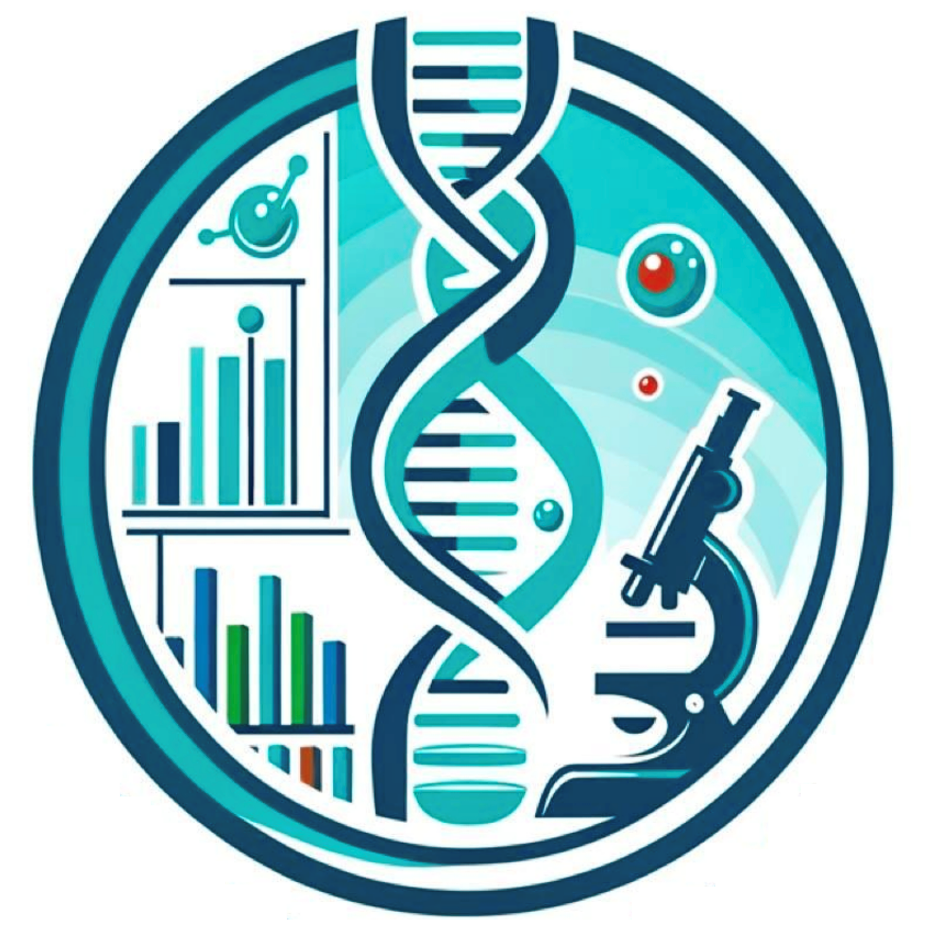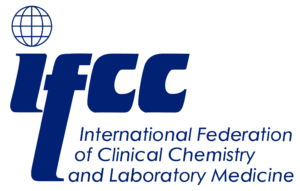Background
Cardiac troponin T (cTnT) and I (cTnI) concentrations provide strong prognostic information in anticoagulated patients with atrial fibrillation (AF). Whether the associations between cardiac troponin concentrations and mortality and morbidity differ by sex is not known.
Objectives
To assess whether men and women have different concentrations and prognostic value of cTnT and cTnI measurements in anticoagulated patients with AF.
Methods
cTnT and cTnI concentrations were measured with high-sensitivity (hs) assays in EDTA plasma samples obtained from the multicentre ARISTOTLE trial, which randomized patients with AF and at least one risk factor for stroke or systemic embolic event to warfarin or apixaban. Patients were stratified according to sex and the associations between hs-troponin concentrations, and all-cause death, cardiac death, myocardial infarction, stroke or systemic embolic event and major bleeding were assessed in multivariable regression models.
Results
We found higher cardiac troponin concentrations in men (n = 9649) compared to women (n = 5331), both for hs-cTnT (median 11.8 [Q1-3 8.1-18.0] vs. 9.6 [6.7-14.3] ng L , P < 0.001) and hs-cTnI (5.8 [3.4-10.8] vs. 4.9 [3.1-8.8] ng L , P 0.05 for all end-points).
Conclusion
Men have higher hs-troponin concentrations than women in AF. Regardless of sex, hs-troponin concentrations remain similarly associated with adverse clinical outcomes in anticoagulated patients with AF.

